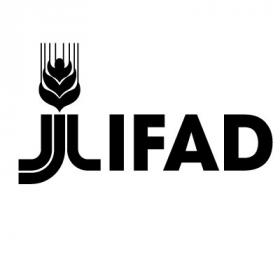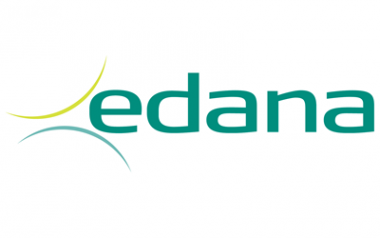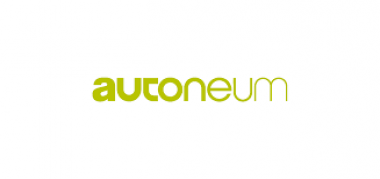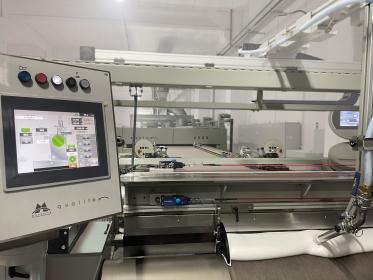Member States to nominate candidates for next IFAD President
At a time when global food security is becoming a rising concern for governments around the world, the International Fund for Agricultural Development (IFAD) today announced a call to its 177 Member States to nominate candidates for the Fund’s next President.
IFAD is a specialized United Nations agency and international financial institution focused on the alleviation of rural poverty and hunger.
The President is IFAD’s most senior position with responsibility for leading the organization and chairing its Executive Board. Nominations for President can only be made by IFAD Member States and must be received by the Secretary of IFAD no later than 6 May 2022.
The President will lead IFAD at a crucial time. Fears that rising food and fuel prices - worsened by the current conflict in Ukraine - could lead to a global food crisis are running high, with the world’s poorest rural people likely to be hardest hit. Small-scale producers are already reeling from the impacts of the COVID-19 pandemic, droughts, cyclones and other natural disasters. Their incomes are expected to be affected by the rising cost of inputs and disrupted markets. This is also likely to have devastating and long-term impacts on their nutrition and food security.
IFAD plays a crucial role in increasing the resilience of rural small-scale producers to shocks, and ensuring that they can continue to grow food and earn incomes. The Fund’s investments in climate adaptation and sustainable food systems are helping to achieve the Sustainable Development Goals to eradicate hunger and poverty.
Following the nomination process, the appointment of the next President will take place on 7 July 2022 during the first special session of the IFAD Governing Council. The Governing Council is IFAD's principle governing body with full decision-making powers.
The President of IFAD serves a four-year term, renewable once. The newly appointed President will take office on 1 October 2022.
IFAD
















